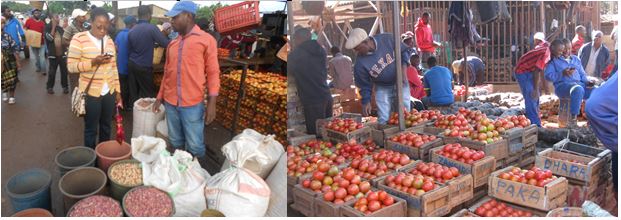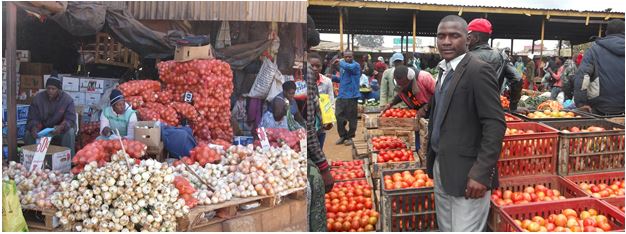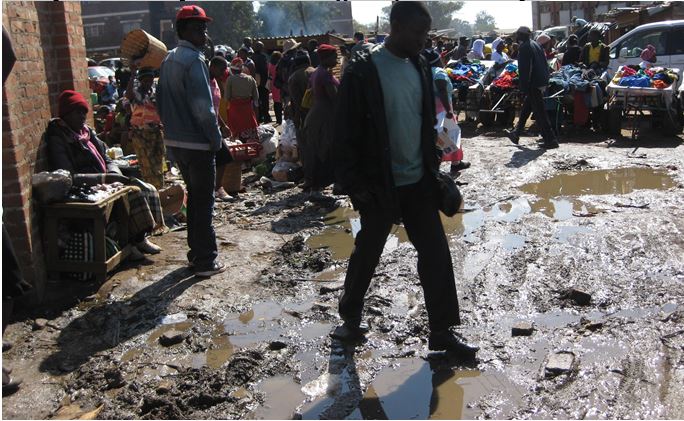Of premature technology and information overload
Hundreds of mobile applications and technology platforms are launched in Africa almost every day, thanks to the promise of digital-fueled progress. Unfortunately most of the platforms (including those owned by famous mobile network providers) are trotted onto the market prematurely before sufficient pre-testing. There is also confusion between a platform, a portal, a Whatsapp group Read more about Of premature technology and information overload[…]










